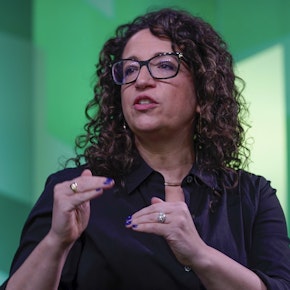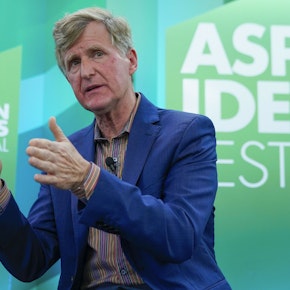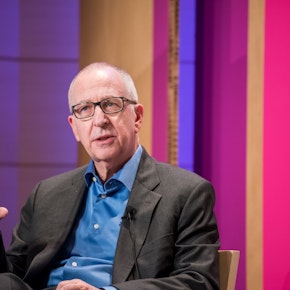Explore
Search results

Within our lifetimes, AI will, by design, begin to behave unpredictably, thinking and acting in ways which defy human logic. Big tech companies may be inadvertently building and enabling vast arrays of intelligent systems that don't share our motivations, desires, or hopes for the future of humanity. Is it too late to change course and realize a human-centered future for a...

America’s heartland is quietly upending traditional notions of how cities work to deliver on their promise of shared prosperity. This means local governments, philanthropy, and the private sector have to work together and work differently. Jennifer Bradley of the Center for Urban Innovation and Rip Rapson of the Kresge Foundation discuss how leaders from Detroit, Fresno, M...

What is "productivity," and how does it work? Why are some individuals and some firms seemingly so productive, where others languish? Pulitzer Prize winning author Charles Duhigg criss-crossed the United States talking with neurologists, business people, government leaders, filmmakers, and even poker players, in a quest to understand how to set goals and live up to ambitio...

David Skorton became the 13th secretary of the Smithsonian Institution on July 1, 2015. A board-certified cardiologist who previously served as president of Cornell University, Skorton entered the institution at a time of transition and renovation, with new museums like the National Museum of African American History and Culture slated to open soon and major overhauls on o...

Americans now owe a staggering $1.5 trillion in student loan debt, according to Forbes. With growing online opportunities catered to self-taught learners and the ever-evolving digital nature of work in the modern world, do we still need to sit in classrooms to get a college education? Are companies and government institutions rethinking the long-standing requirement of a f...

